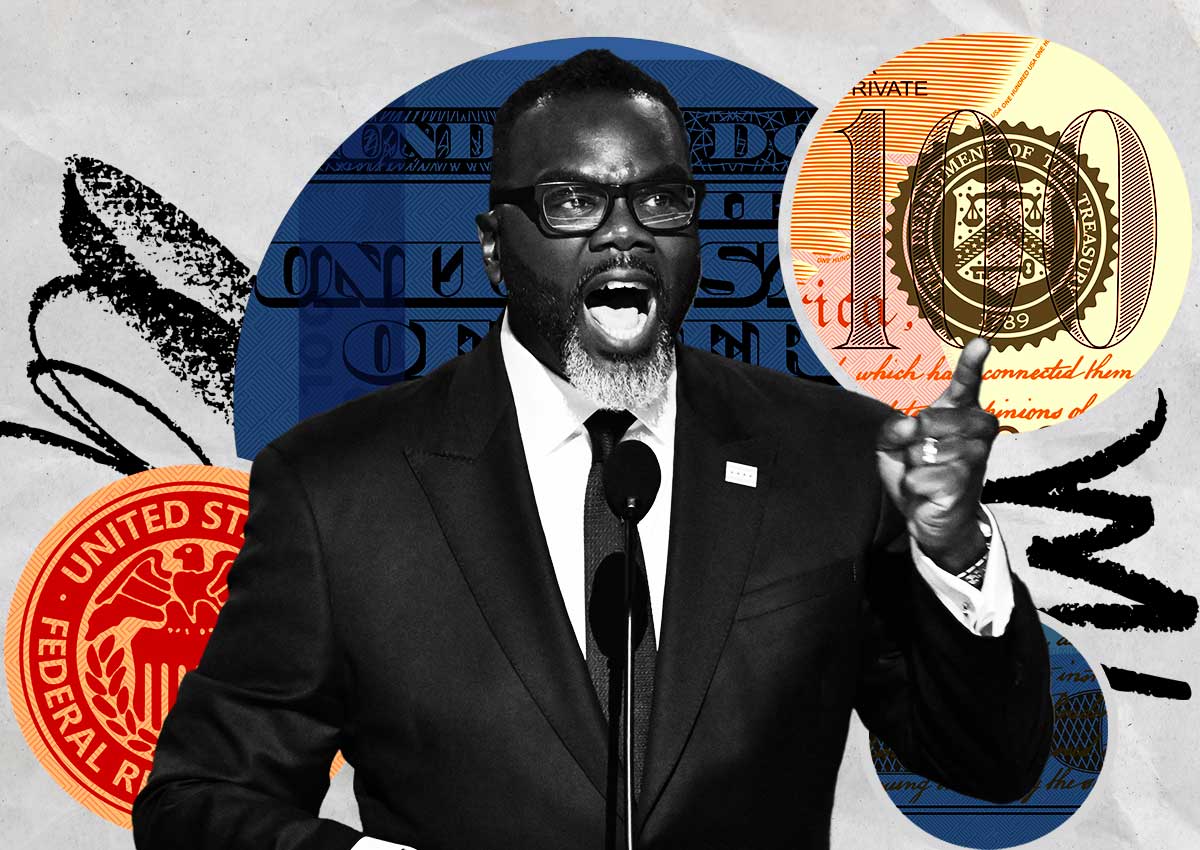M
ayor Brandon Johnson's 2025 budget plan narrowly passed the City Council by a 27-23 vote, averting a government shutdown after a tumultuous process. The $17.1 billion spending plan addresses the city's $982 million deficit and eliminates the contentious $68.5 million property tax hike proposed in previous versions. Instead, it includes $165.5 million from other taxes, fees, and fines, such as higher levies on streaming services, parking, plastic bags, and ride-share services.
The budget relies on debt restructuring at the Michael Reese Hospital site to generate $40 million and a mix of tax and fee hikes. It prioritizes progressive initiatives like youth employment, community safety, mental health, and affordable housing without cutting essential services. However, Johnson's handling of the process drew sharp criticism from Progressive Caucus members, who expressed frustration with the mayor's lack of transparency and collaboration.
Veteran Alderman Emma Mitts urged Johnson to rebuild relationships, warning that divisiveness would hinder progress. To secure votes, Johnson dropped the property tax hike and included new taxes on streaming services, cloud computing, parking, and congestion, as well as increased fees for speed enforcement and residential permits. Critics argue the budget relies on short-term fixes rather than addressing Chicago's long-term financial issues.














